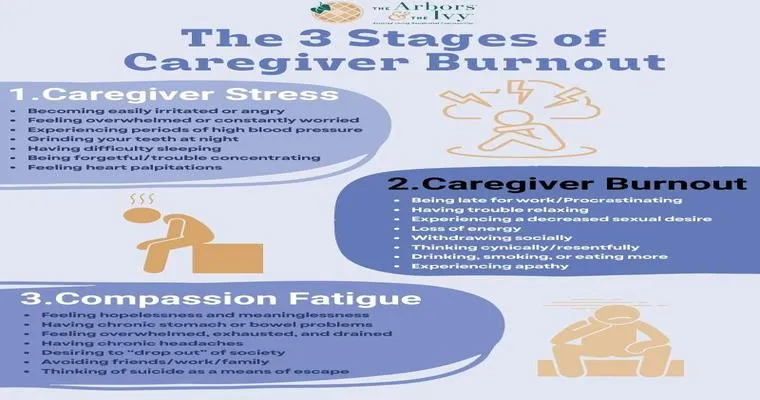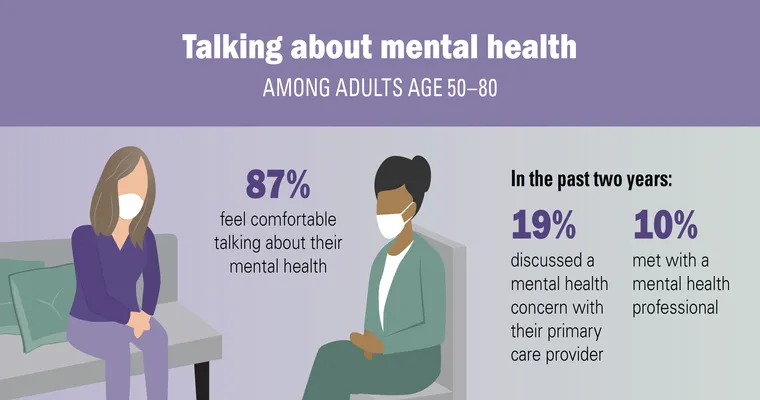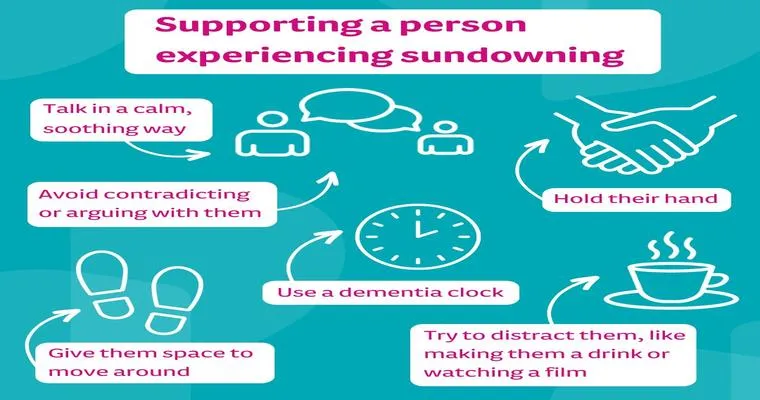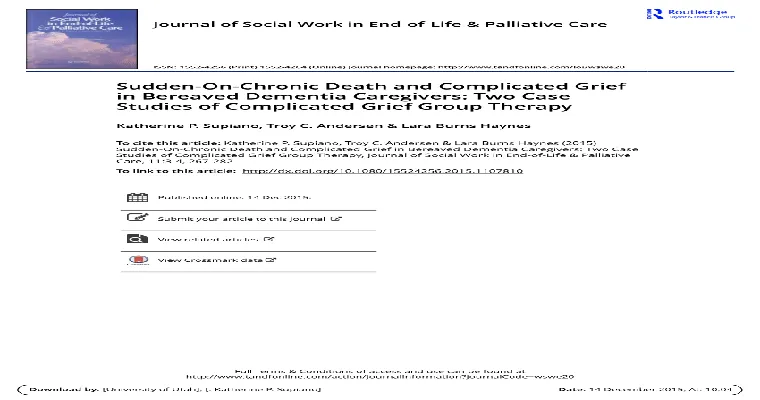Being a caregiver is a fulfilling yet challenging role that often leads to "caregiver anxiety", "stress", and "worry". The emotional and physical demands of caring for a loved one can take a toll on your mental health. It is essential to recognize these feelings and learn effective strategies to manage them. This article will explore practical steps to overcome anxiety, stress, and worry as a caregiver, helping you maintain your well-being while providing the best care for your loved one.
Understanding Caregiver Anxiety
Caregiver anxiety is a common experience among those who provide care for family members or friends with chronic illnesses, disabilities, or age-related issues. This type of anxiety can manifest in various ways, including feelings of overwhelm, persistent worry about the future, and even physical symptoms such as headaches or fatigue. Understanding the causes of caregiver anxiety is the first step toward addressing it.
Recognizing the Signs of Stress and Worry
Before you can tackle caregiver anxiety, you must identify its signs. Common indicators include:
"Physical symptoms": headaches, stomach issues, fatigue
"Emotional symptoms": irritability, sadness, feelings of isolation
"Cognitive symptoms": difficulty concentrating, racing thoughts
Recognizing these symptoms early can help you take proactive steps to manage your emotional health.
Strategies to Overcome Caregiver Anxiety
1. "Prioritize Self-Care": Taking care of yourself is crucial as a caregiver. Engage in activities that bring you joy and relaxation, such as reading, exercising, or spending time with friends. Make sure to allocate time for yourself regularly.
2. "Establish a Support System": Connecting with others who understand what you’re going through can provide immense relief. Join caregiver support groups, either in-person or online, where you can share experiences and gain insights from others in similar situations.
3. "Practice Mindfulness and Relaxation Techniques": Incorporating mindfulness practices, such as meditation, deep breathing exercises, or yoga, can help you manage anxiety and stress. These techniques promote relaxation and can improve your overall mental health.
4. "Set Realistic Expectations": Understand that you cannot do everything perfectly. Set achievable goals and be gentle with yourself when things don't go as planned. Acknowledging your limits can alleviate feelings of inadequacy.
5. "Seek Professional Help": If caregiver anxiety becomes overwhelming, consider speaking with a mental health professional. Therapy can provide a safe space to explore your feelings and develop coping strategies tailored to your needs.
6. "Stay Organized": Keeping a schedule or a to-do list can help you manage caregiving tasks more effectively. This organization reduces the feeling of chaos and helps you maintain control over your responsibilities.
7. "Educate Yourself": Knowledge is power. Understanding your loved one’s condition can help you feel more equipped to handle challenges as they arise. Plus, it can reduce fear and uncertainty, which often contribute to anxiety.
Conclusion
Caregiver anxiety is a significant issue that many people face, but it is possible to manage and overcome it. By prioritizing self-care, establishing a support system, and utilizing effective coping strategies, you can reduce stress and worry. Remember, you are not alone in this journey, and seeking help is a sign of strength. By taking steps to care for your mental health, you can continue to provide the best care for your loved one while maintaining your well-being.





